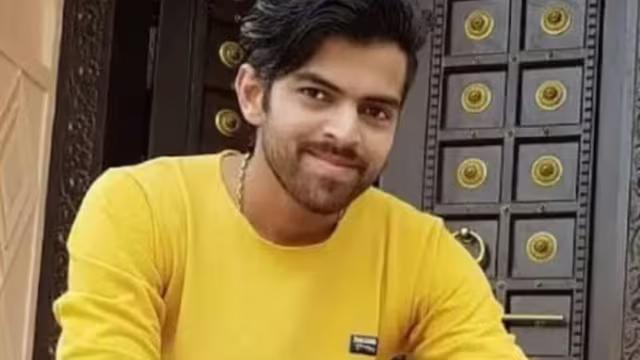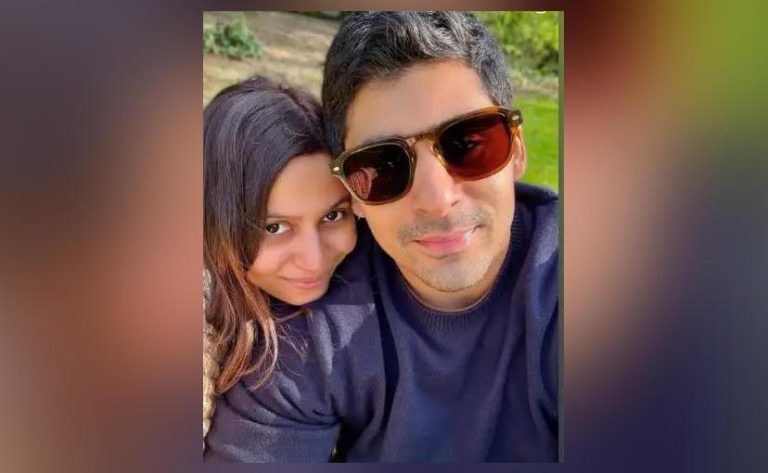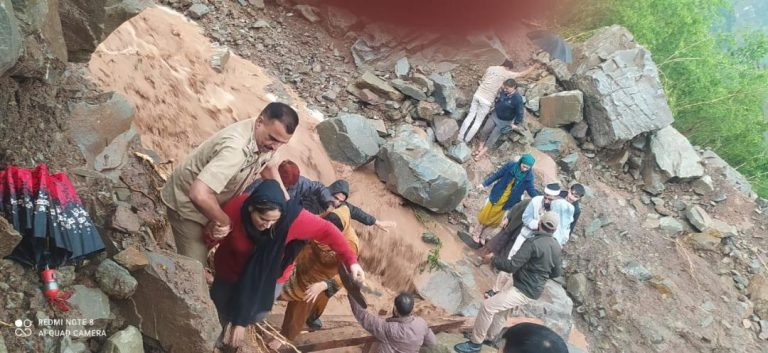
Haryana Govt Bans Masoom Sharma’s Songs Over Promoting Gun Culture
In a recent development, the Haryana government has taken a bold step by banning and removing three songs of Haryanvi singer Masoom Sharma from YouTube. The reason behind this decision is that the songs are allegedly promoting gun culture. However, Masoom Sharma, the singer himself, has come out with a different story, claiming that the ban is a result of his personal rivalry with a person who works in the publicity cell of the state government.
The three songs that have been removed from YouTube are ‘Tution Badmashi Ka’, ’60 Mukadme’, and ‘Khatoa’. These songs were extremely popular and had garnered a massive following on the video-sharing platform. The ban has sent shockwaves in the music industry, with many fans of Masoom Sharma expressing their disappointment and frustration on social media.
The Haryana government, however, has maintained that the decision to ban the songs was taken after a thorough investigation and consultation with experts. The government claims that the songs promote a dangerous and harmful culture of gun-wielding and violence, which is detrimental to the society.
Masoom Sharma, on the other hand, has denied the allegations, saying that the ban is a result of his personal rivalry with a person who works in the publicity cell of the state government. In an interview, Masoom alleged that the person had been spreading negative propaganda against him and had even filed a complaint against him with the authorities.
“I have been receiving threatening calls and messages from this person for a long time,” Masoom said. “I had even reported the matter to the police, but nothing was done. Now, they have taken this step to ban my songs.”
Masoom Sharma’s allegations have raised questions about the motives behind the government’s decision to ban his songs. Many are wondering whether the ban is a result of political vendetta or genuine concerns about the content of the songs.
The ban has also sparked a debate about the role of social media in shaping public opinion. With the rise of social media, artists have become increasingly dependent on the platform to promote their work and connect with their fans. However, the ban has highlighted the challenges of regulating online content and the need for a more nuanced approach.
The Haryana government’s decision to ban Masoom Sharma’s songs has also raised concerns about the impact on the music industry. Many artists have come out in support of Masoom, saying that the ban is an attack on artistic freedom and creativity.
“This is a dangerous precedent,” said a fellow artist. “If the government can ban songs without any justification, what’s to stop them from banning other forms of art and expression?”
The ban has also sparked a debate about the role of the government in regulating online content. While the government has the power to regulate online content, many argue that the decision to ban Masoom Sharma’s songs was arbitrary and unjustified.
In conclusion, the ban on Masoom Sharma’s songs by the Haryana government has raised more questions than answers. While the government claims that the decision was taken to promote a safe and harm-free society, Masoom Sharma’s allegations suggest that the ban is a result of personal rivalry and political vendetta.
As the debate continues, one thing is clear – the ban has sent shockwaves in the music industry and has raised important questions about the role of the government in regulating online content.
News Source:






